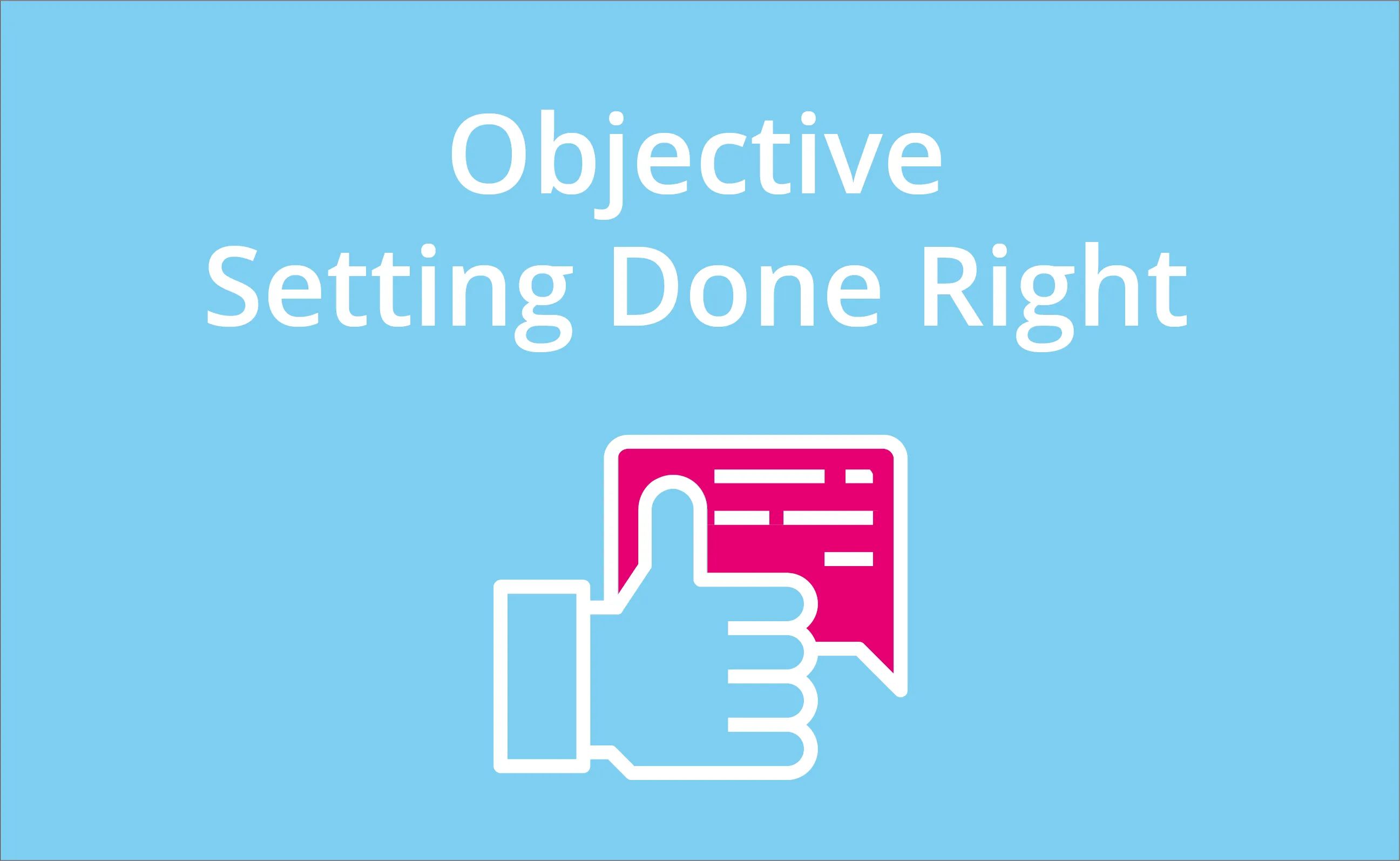
With direct sales, your company has complete control over the sales strategy.
You get the leads, move them across the pipeline, and influence them to buy the product. You know everything about the sales plan and you have a direct relationship with your customers or clients.
With indirect sales, intermediaries make money on what you do. They’ll take your business software, resell it and take a margin of the profits, so they’ll want to sell as many products as they can. That may sound less than ideal—after all, they’ll take a margin of your profits—but if you can bring them revenue, you will actually speed up your sales.
It sounds easy, but managing indirect sales partners like intermediaries, resellers and brokers is a different ball game altogether. Finding partners is easy—but finding a good partner is hard. It’s also difficult to collaborate with intermediaries since they don’t work under your business. You also give up some control over the sales strategy.
So, how do you start an indirect sales channel? How do you work with indirect sales partners? In this blog post, we’ll provide you with everything you need to know:
Find Your Ideal Partner
The first thing that you need to do is to find the right partner.
A good tip is to find companies that are a good fit for your business. Ideally, both of you should have the same ideas about the development, culture and people.
Remember your indirect sales channels aren’t just people who sell your products. If you find a partner, reseller or broker with authority and credibility in your industry, then you’ll get credibility by association.
You can start searching for indirect sales partners or intermediaries based on criteria such as location, service offering, nice, audience and so on. You may then rank them based on skill, network—whichever characteristics are the most relevant for your objectives.

For Max van Veen, Business Development Manager at Intuo—a performance management tool, their ideal partners were HR companies, “The best partners are actually consulting firms who have experience in HR and change management within the company because we’re actually changing the company culture with our tools, that was our main focus in the beginning.
”Meanwhile, according to the founder of Chaomatic and experienced channel sales software manager in Europe, Michael Humblet, when you start building an indirect sales channel, “You’re gonna go out and say I need indirect sales partners. Partners will come but the ones that are coming are not always the ones you want. The type of partner you want should have a lot of customers, because if they have a lot of customers they have their trust and you can upsell more.
”But in reality, these partners or intermediaries are seldom found. “What happens is most partners who come to you say, ‘You have something cool. Something new. I want to start a new business with your tool! "Michael said: He believes this is an absolute killer because indirect sales partners without customers will take about nine months or more to scale. In contrast, if they have people’s trust, they can do it in three to four months or more.
Of course, one thing to keep in mind is that your indirect sales partners have a different business model or strategy. While you’re focused on developing products, they’re concerned about their workshops and consultation hours. This brings us to the next step….

Understand Your Partner’s Type
Keep in mind that there are different types of partners, and for each type there’s a different sales process.
For example, lead referrals are people who come to your business at least once or twice a year. They usually work with a progressive tool or digital tool, and they provide you with a lead. When that’s done, you’ll handle the rest of the sales strategy and sales management.
For their software tool, Max previously relied on resellers.“Resellers take over a bigger part of the sales process, but we don’t have them at the moment.” says Max, “We figured out that we want to stay more in control of our sales process because we know that we sell the tool the best. It’s a bit arrogant but we figured out this was the best thing to do. Asking resellers to sell a product, especially if they’re not using it themselves, is very difficult and it creates the wrong expectations with the client. "In short, understanding your partner’s type, and their pros and cons is essential to your success.
Whatever type of partner you choose to work with, don’t forget your control of the flow of the sales process. The danger with partnerships with intermediaries, resellers or brokers is that sometimes partners take over and start controlling the whole market. They can get into exclusive monopoly control for your customer base so be very careful.
"The company I was working with we made one big mistake in the beginning—I’m talking 15 years ago—we never asked the contact details of the end-user. So, we would get quotes orders all of that and suddenly we realized we had this whole end-user base out there that we had no contact with.” Michael recalls.
Train Your Partners and Collaborate
Now, that you’ve found your partner, reseller or broker what’s next? Try to make a deal!Once the partnership is established, partners or intermediaries doubt if you’ll really open up and support them. "If you would ask them the first thing they would say is, “We need leads. We need more marketing material, cooperation, and you’ve got all these constructions.
Make sure that you do that, that’s number one.” explained Michael, “You have to prove yourself at the beginning that’s why I try to close one deal as quickly as possible. Just pour in all the help and you’ll see that all the rest will go a lot better.
"The second thing you need to do is guide your partners.
Send the best salesperson from your team to your partners for a few weeks, or really be in their business to help them. If you found a sales plan that works really well for you, then let them know to accelerate the sales process.
After that, you’ll need to find one champion. Find the person that closes deals fast, and all the others will follow his example because they smell the money.
Don’t forget to write who’s doing what.
“Write down how you’re doing the sales process. If you leave too much unclear, then they’re going to have different expectations about the commissions they’re getting. You really have to sit down and write down, in this situation, who’s taking over sales management? Who’s doing what? What is the reward for it?” Max said.
But remember there’s a risk in every partnership.
The more resources you are putting in, the more resources the other company is putting in, the more risk both partners and intermediaries are making and the higher the reward expected from the partnership.
“Maybe it's good to start small to build up some trust, to make sure things are going well and then you scale up the partnership” Max advised.
Ready to Start Your Own Indirect Sales Channel?
Moving from direct to indirect sales isn’t easy.
You need to find partners who have the same niche and a lot of customers. This way, you can scale your product a lot faster.
But finding the right partners is just the beginning. You also need to understand the type of partnership you’ll get from their business model, find the right partner software or business software and understand its pros and cons to your business. As much as possible, you want to have complete control over the sales strategy, so start small and build trust from there.
Don’t forget to train your sales partners, resellers and brokers. Having salespeople who have no knowledge about your product isn’t a good idea. So, train them, meet-up and collaborate.
This way, your indirect sales channel will boost your business.
Learn more from our BRM Academy video with Max.



